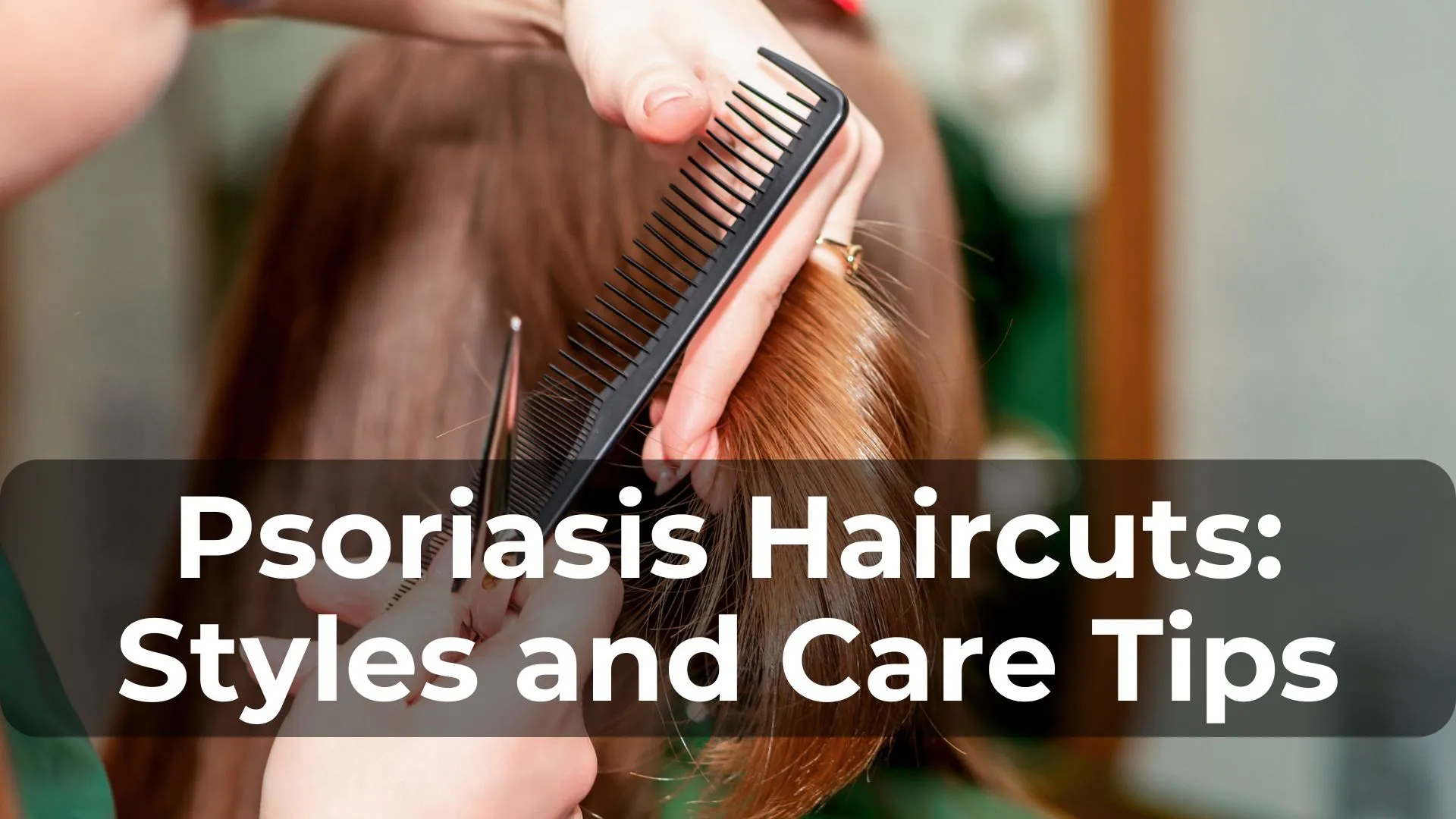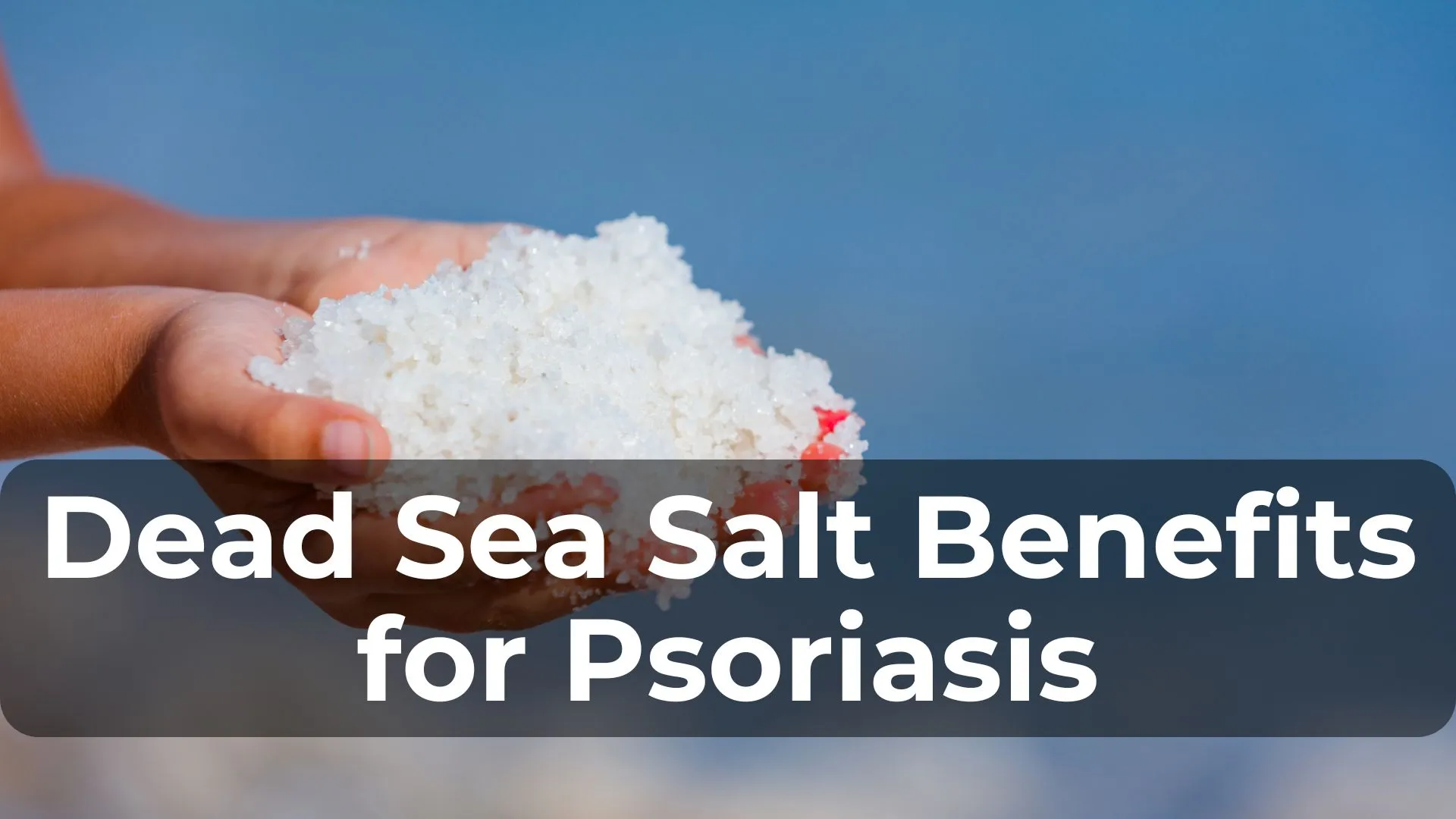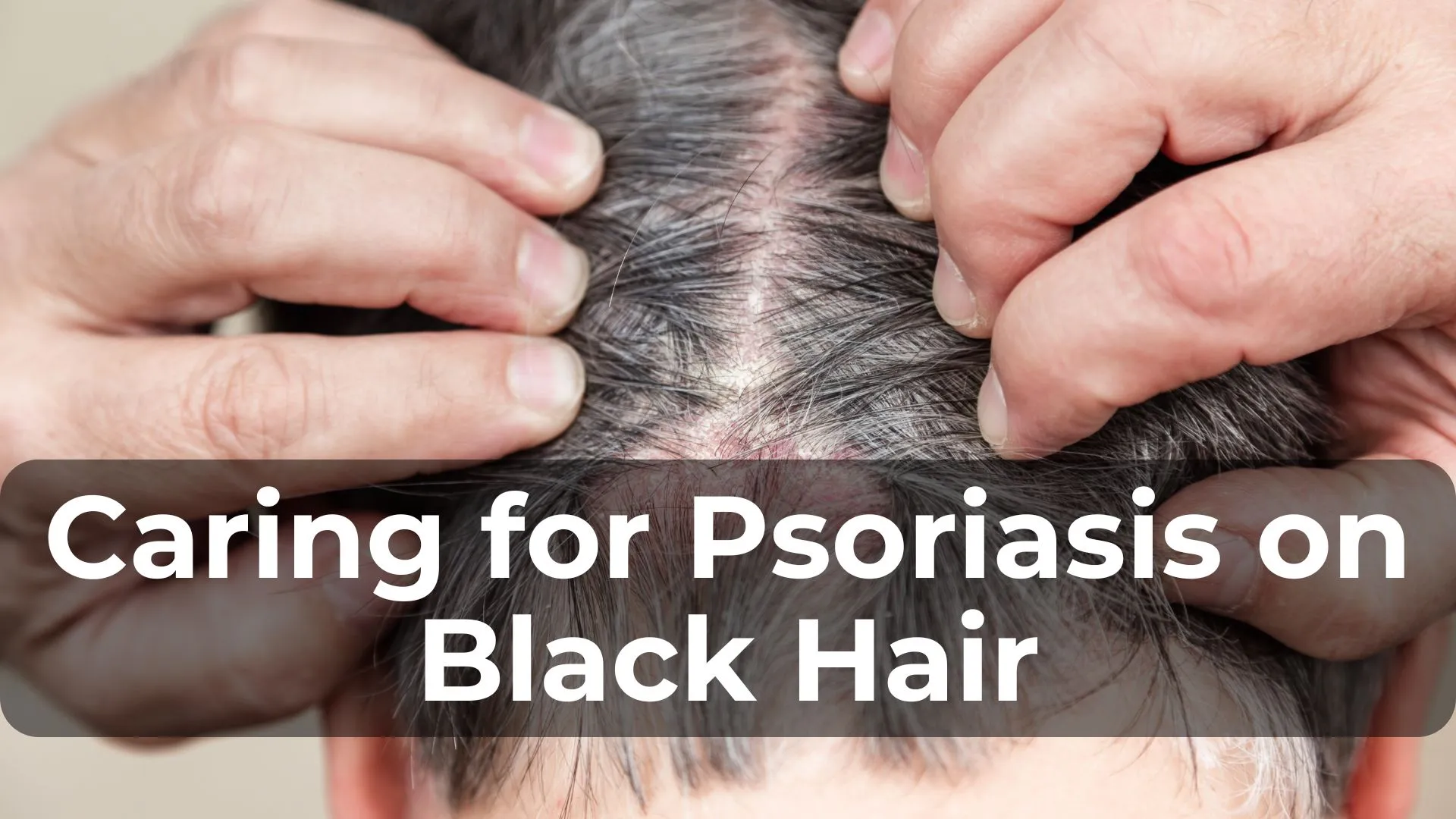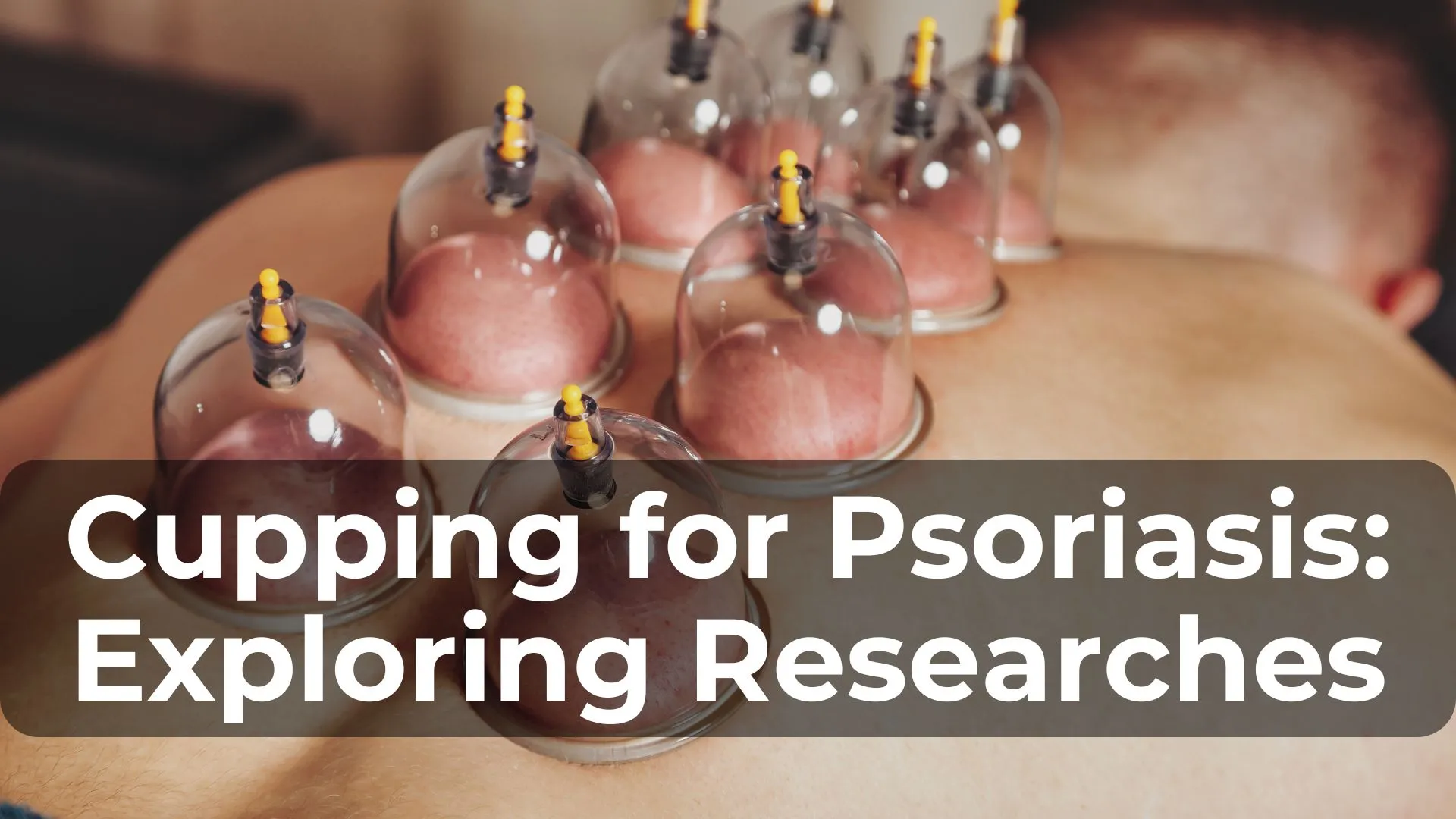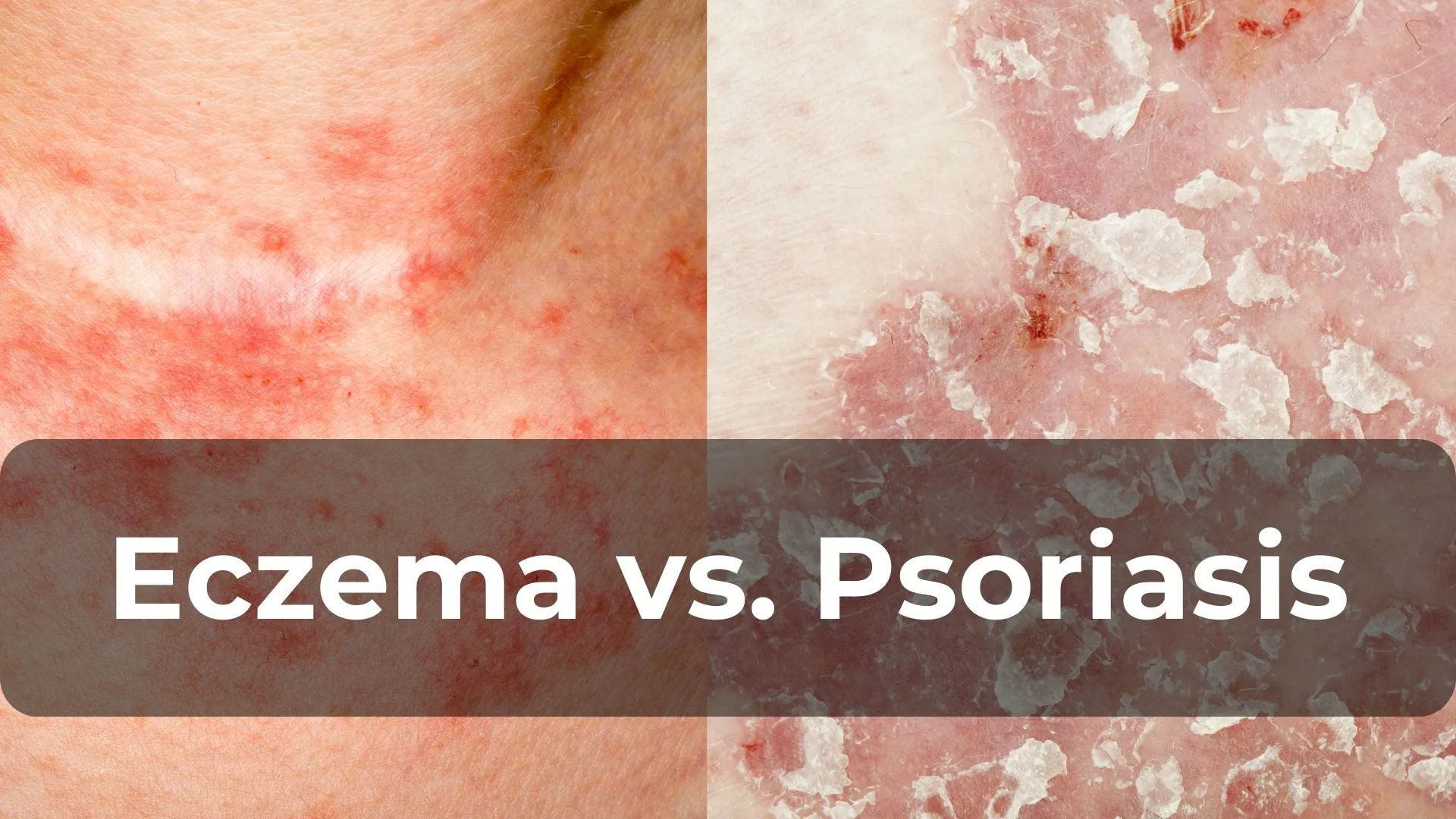
Hey, skin warriors! If you’re reading this, chances are you or someone you know is dealing with some frustrating skin issues. But how do you know if it’s eczema or psoriasis? These two conditions often look similar but play out differently on your skin. We’re going to dive deep into the world of Eczema vs. Psoriasis so you can understand the differences, get the right treatment, and maybe even have that “Aha!” moment. Ready to clear up some confusion? Let’s go!
What Exactly is Eczema?
Imagine your skin is a shield, keeping the bad stuff out and the good stuff in. Eczema, aka atopic dermatitis, is like when your shield is a bit faulty. It doesn’t hold moisture well, making it easier for irritants to sneak in and cause a ruckus. It’s common, especially in kiddos, and can make your skin dry, itchy, and inflamed.
Common Triggers
Eczema often strikes because of:
- Allergens: Think pollen, pet dander, or certain foods.
- Irritants: Like soaps, detergents, or even rough fabrics.
- Climate: Yep, even the weather can mess with your skin.
- Stress: Because life is sometimes too much, right?
Typical Symptoms
- Itchy Patches: That make you want to scratch like crazy.
- Red Rashes: Especially in the folds of your elbows and knees.
- Dry Skin: That feels more like sandpaper than silk.
- Blisters: That can ooze and crust over.
And What About Psoriasis?
Now, picture your skin cells throwing a nonstop party. Psoriasis speeds up skin cell production, leading to a buildup of cells on the surface of your skin. These extra cells form scales and red patches that are itchy and sometimes painful. Unlike eczema, psoriasis is a chronic autoimmune disease, meaning your body is kind of waging war on itself.
Common Triggers
Psoriasis often shows up because of:
- Infections: Like strep throat that light the psoriasis fire.
- Injuries: Cuts, scrapes, or even sunburn can trigger a flare.
- Stress: Again, because when is stress ever good?
- Medications: Some meds can be a sneaky trigger.
Typical Symptoms
- Raised Red Patches: Covered in silvery scales. Fancy, right?
- Dry, Cracked Skin: That can bleed. Ouch!
- Itchiness and Burning: To remind you it’s there.
- Thickened Nails: That look a bit like they’re lifting off your fingers.
Eczema vs. Psoriasis: The Showdown
Okay, so knowing the basics is great, but how do you tell them apart? Here’s a quick breakdown:
Appearance
- Eczema: Usually looks more like a red, inflamed rash. It’s often dry and can have blisters that ooze and crust over.
- Psoriasis: Appears as raised, red patches covered with silvery scales. It’s more likely to be thick and well-defined.
Location
- Eczema: Loves to hang out in the folds of elbows and knees, but can show up on wrists, ankles, and neck too.
- Psoriasis: Can appear on the scalp, elbows, knees, lower back, and even nails. It’s not picky!
Triggers
- Eczema: Mainly caused by external factors like allergens or irritants.
- Psoriasis: Often triggered by internal factors like immune system issues or infections.
Similar, Yet Different
While these two skin conditions share a lot in common, their causes, symptoms, and treatments can be quite different. But hey, the good news is that recognizing which one you’re dealing with can help you manage your skin better.
How to Treat These Pesky Conditions
Alright, let’s talk about what you can do to keep your skin happy. Spoiler alert: A holistic approach works wonders!
Physical Care
- Regular Exercise: Yes, even for your skin. Exercise reduces inflammation and helps manage stress, benefiting both eczema and psoriasis.
- Sunlight Therapy: A bit of sunshine can help, but be careful not to overdo it. Sunburns are a definite no-no.
Chemical Care
- Dietary Changes: What you eat affects your skin. Foods rich in omega-3s (like fish and flaxseed) can be beneficial. Avoiding processed foods, sugar, and dairy might help too.
- Detoxification: Rid your body of toxins with plenty of water, leafy greens, and anti-inflammatory foods.
- Supplements: Vitamins D, E, and probiotics can support skin health. Think of them as your skin’s best friends in pill form.
Emotional and Spiritual Care
Stress management is crucial. Practices like mindfulness, meditation, and gentle yoga can make a big difference. They help keep you calm and your skin less likely to flare up.
Natural Remedies
- Aloe Vera Gel: This soothing gel can calm inflamed skin.
- Coconut Oil: A mega moisturizer for dry, cracked areas.
- Oatmeal Baths: Great for calming that incessant itch.
Psoriasis Freedom Protocol
For those looking for a comprehensive guide, the Psoriasis Freedom Protocol offers a step-by-step approach to achieve natural healing. It involves dietary changes, supplements, stress management, and more, providing a holistic framework to tackle not just symptoms but the root cause.
Final Thoughts
Living with eczema or psoriasis can be a challenging journey, but understanding the differences and knowing how to manage each condition can make a world of difference. Remember, each step you take towards holistic care is a step towards healthier, happier skin. So, start today and give your body the love and attention it deserves.


